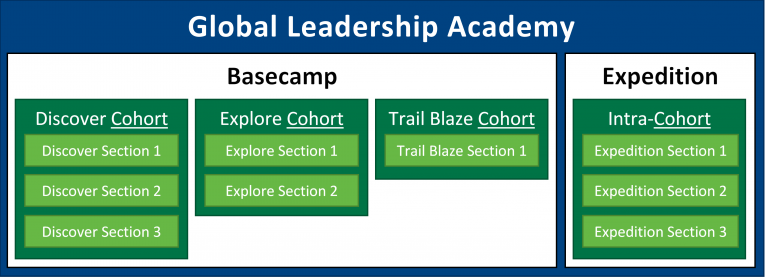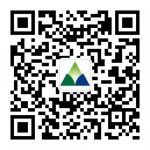The Office of Student Experience, through Leadership Programs aims to implement an extracurricular leadership development program to help students become global leaders who can positively impact the campus, Kunshan community, and the world. The Global Leadership Academy was created and rooted in a theoretical framework that helps students understand consciousness of self, congruence, commitment, common purpose, controversy with civility, collaboration, and citizenship.
We will use the Social Change Model of Leadership Development (SCM), which was developed in the mid-1990s in the USA by Susan Komives. The theory is comprised of the 7 C’s (which are grouped into Individual [Consciousness of Self, Congruence, Commitment], Group [Collaboration, Common Purpose, Controversy with Civility], and Community [Citizenship] categories) and was designed for student affairs professionals to better guide university students in their leadership development.
As a result of graduating from the Academy, students will be able to:
The Academy is a 6-semester, experience-tiered program growing in depth and breadth each semester of participation. It provides an opportunity to focus on leadership as a theoretical concept and practical and practicable skill. The Academy is designed to help students develop their leadership potential and intentionally meet students’ developmental needs.

The Academy is composed of two experiences that students toggle back and forth between, each lasting a semester:
Within Base Camp, there are 3 different cohorts (or levels) that students are placed in, based on their class standing and previous experience in the Academy
Driven by student demand and supply of facilitators, sections (or classes) of the Academy are offered. Sections of Base Camp are organized by cohort. That is, there are sections for Discover, Explore, and Trail Blaze students, filled by only students in that cohort. Expedition sections are composed intra-cohort; there are students from all cohorts together in sections of Expedition.
All sections will be organized according to the following format:
